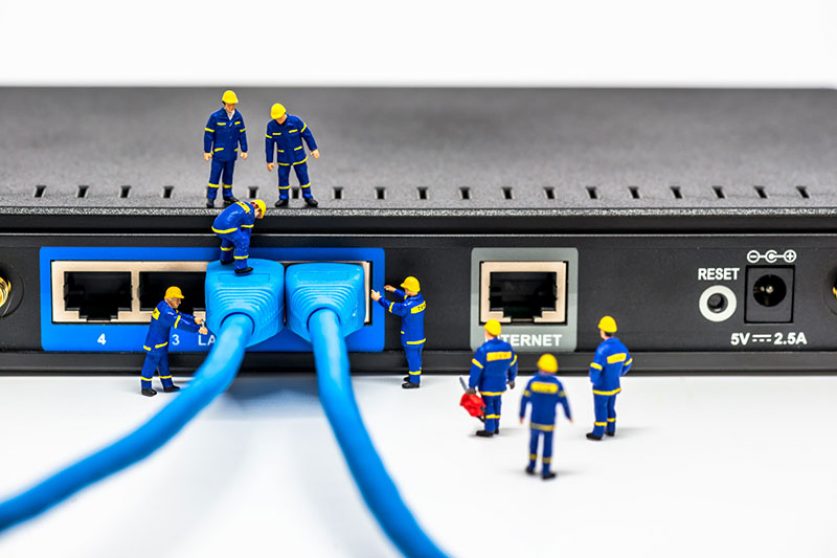
The £1.6 billion Broadband Delivery UK rollout of superfast, 24 Mbps broadband has delivered an estimated £9 billion boost to business turnovers in the UK, the government claimed today.
The BDUK programme has succeeded in taking national superfast broadband coverage to 95% by extending connections to homes and businesses in commercially unviable areas, including remote and rural areas.
The commercial impact figures come from an independent report, assessing “The Evaluation of the Economic Impact and Public Value of the Superfast Broadband Programme” between 2012 and 2016. The Department for Culture, Media and Sport (DCMS) says the report shows the broadband rollout has delivered £12.28 in benefit for businesses for every £1 invested by the central government and local authorities.
The report also credits the rollout with creating 49,000 local jobs and reducing the number of Jobseeker’s Allowance claims by 9,000.
Margot James, Minister for Digital, said: “Our rollout of superfast broadband across the UK has been the most challenging infrastructure project in a generation but is one of our greatest successes.”
“We are reaching thousands more homes and businesses every week that can now reap the clear and tangible benefits that superfast broadband provides. We are helping to ensure the downfall of the digital divide,” she added.
James reaffirmed that the government is committed to delivering universal access to affordable, high speed broadband by 2020 and to full-fibre broadband, with download speeds exceeding a gigabit per second, by 2033. Universal access to broadband of 10 Mbps will be delivered through a universal service obligation (USO) from 2020.
Clive Selley, CEO of Openreach, which helped deliver the BDUK rollout, also heralded its achievement.
“It is great to see businesses across the UK reaping the benefits of faster broadband speeds and I’m proud of the leading role that Openreach has played in helping to deliver the Government’s rollout of superfast broadband – one of Britain’s great engineering achievements,” he said.
Last month Openreach announced it was cutting the wholesale price of broadband in an attempt to make superfast speeds more accessible and spur take-up of fibre services.
Currently 10 million households in the UK use superfast broadband. Take-up of superfast tariffs among the 5 million homes and businesses connected through the Broadband Delivery UK programme was 45%, the report found, more than double the expected rate.
However, the report found disparities in superfast broadband coverage throughout the UK. The highest rates of coverage were in England, with 97.19% coverage in the North East, 97.07% coverage in the South East, and 96.56% coverage in the West Midlands. Coverage in Northern Ireland lagged behind, with just 87.74% of homes and businesses able to access superfast broadband. Coverage was also more limited in South West England (93.34%) and Scotland (93.53%).




